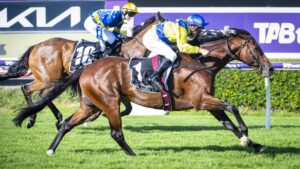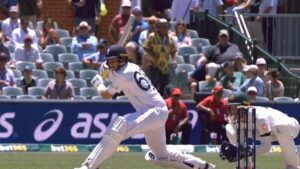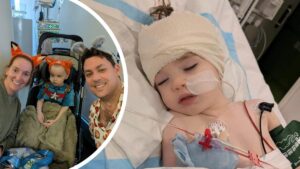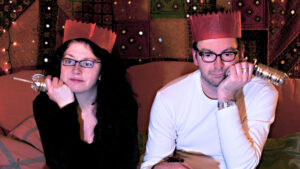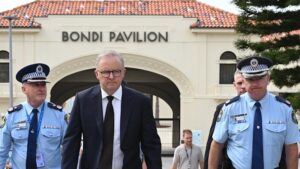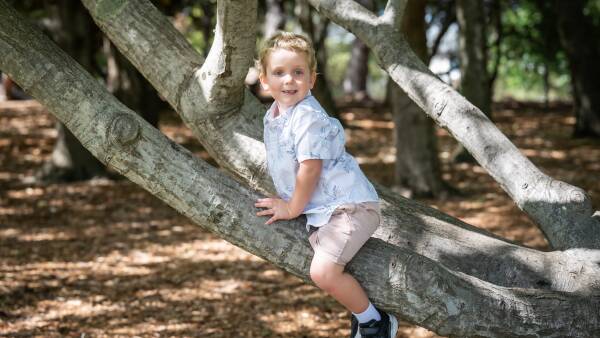
At just three years old, Jack Kennelly became the first child in Australia diagnosed with a rare and aggressive brain cancer known as rhabdomyosarcoma. This diagnosis marked the beginning of a challenging journey for Jack and his family, who navigated a series of medical hurdles and emotional trials in their fight against the disease.
Initially, Jack displayed no typical symptoms associated with cancer. His mother, Kristen Kennelly, noted a subtle change in his behavior. Once a lively and curious child, he began to show signs of irritability and excessive sleep, which the family initially attributed to minor illnesses. However, a concerning incident at daycare—a sudden bout of sleep on the grass—prompted his parents to seek medical advice.
Kristen reflected on the moment, stating, “They would call me and say, ‘It was a bit strange, we found him asleep on the grass’.” As Jack’s condition deteriorated, he complained of severe headaches, leading Kristen and her husband, Paul Kennelly, to take him to the hospital. After several tests, they were sent home, only to return within 24 hours when Jack vomited. A CT scan ultimately revealed a tumor on his brain.
Jack and Kristen were flown to Sydney for further evaluation, where doctors confirmed the presence of a tumor after monitoring Jack’s condition. The medical team later identified the tumor as rhabdomyosarcoma through a biopsy. This type of cancer is typically found in muscle tissue and is rare in the brain. The family received the diagnosis through the Zero Childhood Cancer Program, which also identified a genetic mutation known as a DICER1 variant that predisposes Jack to tumors.
The discovery of the DICER1 variant allowed Jack’s medical team to tailor an effective treatment plan. Alongside a benign tumor on his heart—which the family had known about since infancy—Jack faced significant medical challenges. He underwent nine surgeries, six rounds of chemotherapy, and six weeks of radiation therapy, which he bravely endured without anesthesia.
Kristen noted Jack’s remarkable resilience, saying, “The really unique thing about Jack is that he doesn’t complain, and he never has.” This tenacity was evident during a particularly tense moment when medical staff initially dismissed concerns about Jack’s condition. Kristen insisted that something was wrong, leading to a timely intervention by a nurse who advocated for further evaluation.
The turning point in Jack’s treatment came when doctors opted for one final surgery to remove the remaining tumor. To the family’s disbelief, the oncologist later informed them that the tumor had disappeared, attributing the earlier imaging to post-radiation swelling.
Now six years old, Jack is gradually returning to his vibrant self, although he continues to manage vision issues and changes in growth hormone levels as a result of his treatment. Due to the DICER1 variant, he will require ongoing monitoring for potential tumors.
In a show of gratitude and support for others facing similar challenges, Jack’s family has engaged in fundraising efforts for childhood cancer charities. The latest initiative, Step Out For Cancer, will take place on November 9, aiming to raise $800,000 for the Minderoo Children’s Comprehensive Cancer Centre, the first of its kind in the Southern Hemisphere.
For more information or to contribute to the cause, interested individuals can visit stepoutforcancer.com.au. Jack’s journey serves as an inspiration to many, highlighting the strength of family bonds and community support in the face of adversity.
